QuestionQUESTION: if my turtle laid eggs could i let them hatch naturally and don't move them in to a incubator ?
and 1 of my turtles skin is pealing off in different areas it started with his tail should i be worried?
ANSWER: Hi Darian,
Generally you would want to move the eggs into an incubator (mark the tops with an x and don't roll them) because if you don't there's a chance that the eggs will be destroyed if the turtle digs around, or they may not hatch if the weather conditions aren't right. If you have an outside pond with a dirt area where she could lay, you could try letting them incubate naturally, but unless your turtle is native to your area they may not hatch.
If your turtle is a red-eared slider, I strongly advise you to destroy any eggs laid rather than incubating them, as RES are very over populated and it's very difficult to find good, forever homes for them--and RES are very prolific breeders!
Some skin shedding is normal, but if you're seeing a lot of it there's a few things you can check. Make sure you're not overfeeding and that you're feeding a good, varied diet appropriate to the species you keep (usually this would include both animal and plant matter). Check your temperatures and make sure they're not too warm, and test the ammonia level in your water. Too much vitamin A can also cause excessive shedding, so if you're giving vitamins I would discontinue those and work on feeding a good diet instead. Hope this helped.
---------- FOLLOW-UP ----------
QUESTION: i was just wondering because I'm getting a 8 by 4 foot tank and i can divide the tank or block anything from the eggs
i actually have African side neck turtles also known as a mud turtle.
thanks for all your help!
AnswerHi Darian,
Sorry, I usually just assume people are talking about RES!
The trouble with trying to incubate eggs naturally (in soil) is that it's very difficult to duplicate the environmental conditions under which the eggs would normally hatch. It's more than just temperature--humidity, density of the soil, day/night cycles all have an effect. There's nothing wrong with trying if you don't care whether the eggs hatch, but I'm doubtful as to whether you could be successful. I couldn't find much information on natural incubation, but apparently the females dig very deep nests and you would need to provide a nesting area at least as deep as your female is long. Sorry I can't be of more help. If there's a herp society in your area, you could contact them and see if they can put you in touch with someone who keeps side-necks.
Here's information on how to incubate using an incubator:
http://turtlerescues.com/african_sideneck.htm

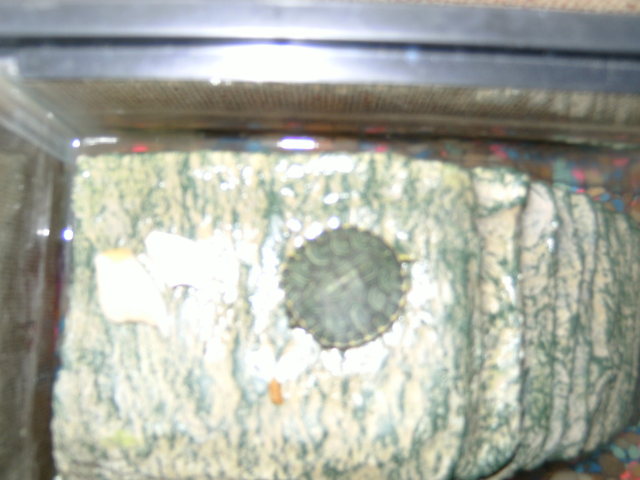 Baby Yellow Belly Turtle
Question
My baby
I have a baby yellow belly turle no bi
Baby Yellow Belly Turtle
Question
My baby
I have a baby yellow belly turle no bi
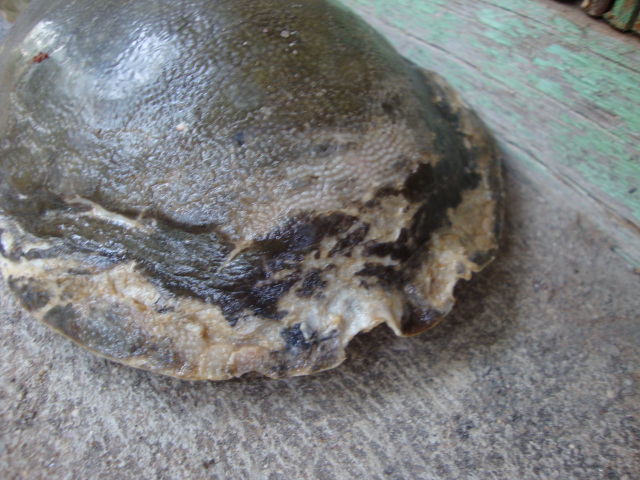 about the health of my tortoise
Question
tortoise shell
hi iam sasikiran.actualy
about the health of my tortoise
Question
tortoise shell
hi iam sasikiran.actualy
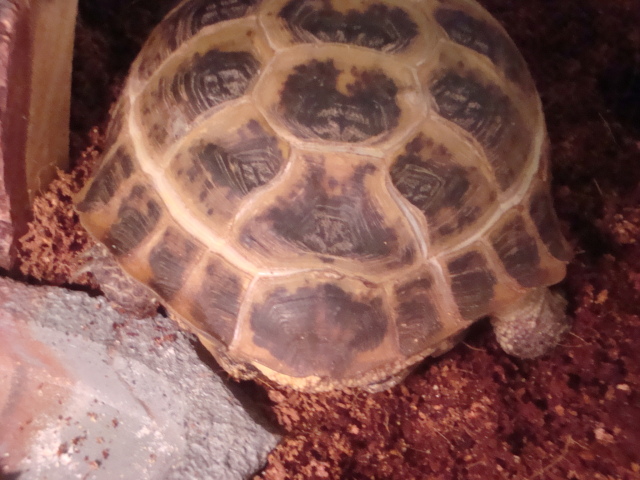 Russian Tortoise Shell Concerns
QuestionWalkers Shell
QUESTION: I have a male Ru
Russian Tortoise Shell Concerns
QuestionWalkers Shell
QUESTION: I have a male Ru
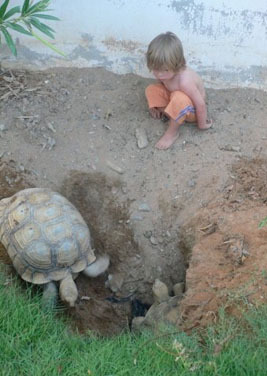 sulcata tortoises
QuestionQUESTION: I have two 11 year old sulcata tortoi
sulcata tortoises
QuestionQUESTION: I have two 11 year old sulcata tortoi
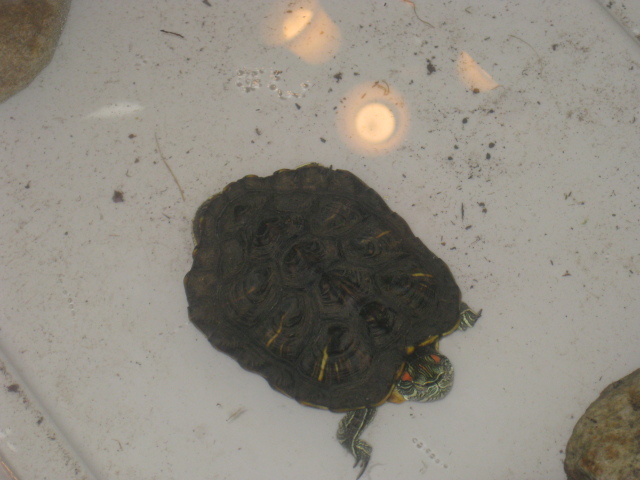 Possible RES Found
Question
Turtle
Hello!
One of my neighbo
Possible RES Found
Question
Turtle
Hello!
One of my neighbo